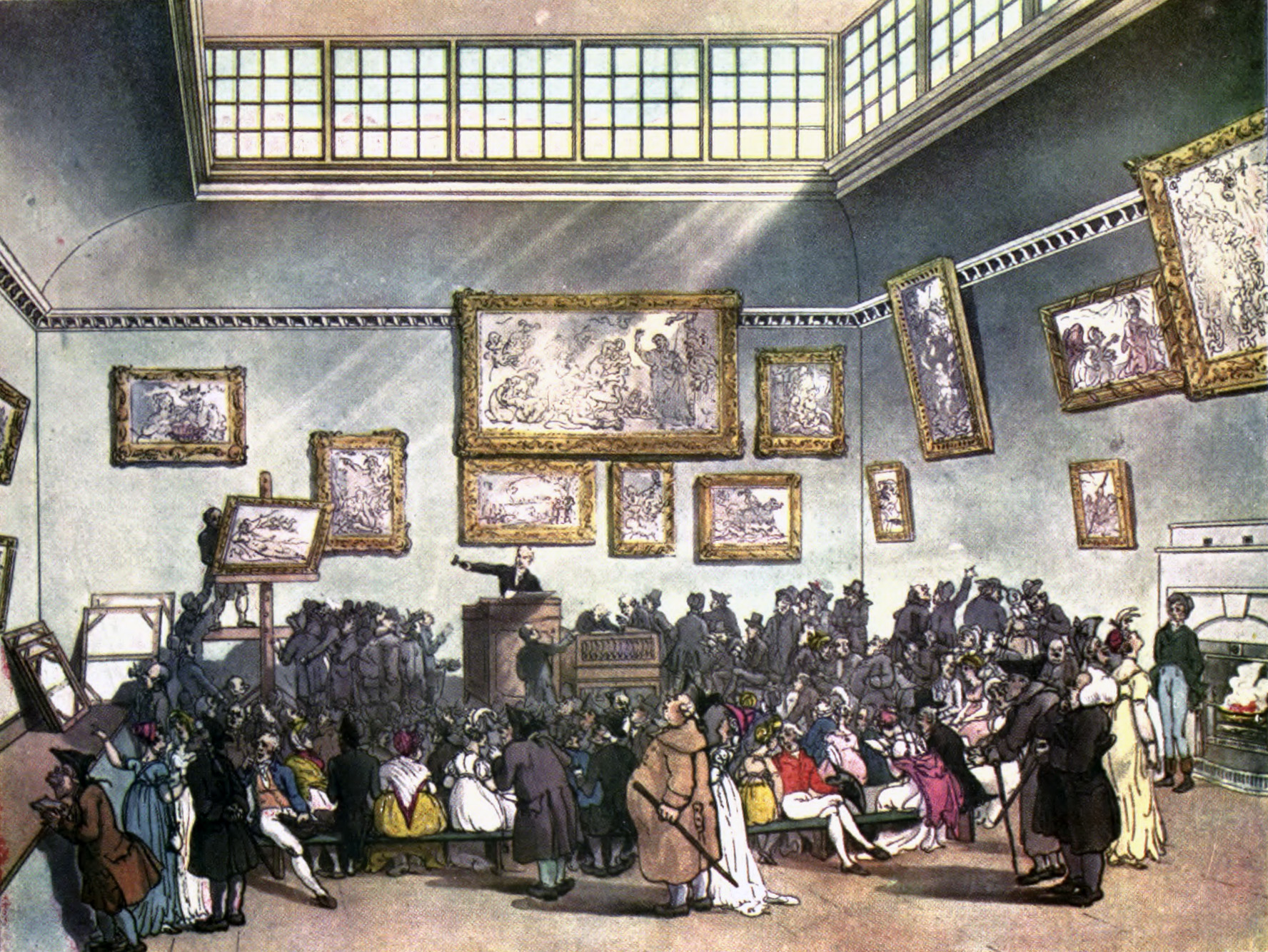Game Theory
- Introduction to Game Theory
- Two-Person Zero-Sum Games
- Non-Zero-Sum and Cooperative Games
- Game Theory in Business and Economics
- Game Theory in Politics
- Psychological Game Theory
- Games of Chance and Risk
- Evolutionary Game Theory
- Games with Sequential Moves
- Game Theory in Social Interactions
- Ethics in Game Theory
- Technological Aspects of Game Theory
- Applying Game Theory in Everyday Life
Applying Game Theory in Everyday Life
Practical Examples of Game Theory at Work

Theory on behaviour at auction markets.
Game theory, a mathematical model of conflict and cooperation, has found its way into a variety of real-world scenarios. From business negotiations to social interactions, game theory provides a framework for understanding and predicting outcomes. This article will explore some practical examples of game theory at work.
Business Negotiations
In business, game theory is often used to analyze strategic interactions between firms. For instance, consider two competing firms deciding whether to enter a new market. Each firm's decision depends on what they expect the other firm to do. If both firms enter the market, they may split the profits. However, if only one firm enters, it could potentially reap all the profits. This scenario can be modeled as a game, with each firm's strategy depending on the other's actions.
Social Interactions
Game theory also applies to social interactions. For example, consider the "Prisoner's Dilemma," a classic game theory scenario. Two suspects are arrested, but the police don't have enough evidence to convict them on the main charge, so they plan to sentence them on a lesser charge. Each prisoner has the option to betray the other by testifying that the other committed the crime or to remain silent. The outcome of the game depends on the strategy each prisoner chooses.
Traffic Flow
Another practical example of game theory is in traffic flow. Drivers often face a choice between taking a congested main road or a longer, less congested side road. The best strategy for each driver depends on what others do. If most drivers take the main road, it may be quicker to take the side road, and vice versa. This scenario can be modeled as a game, with each driver's strategy depending on the choices of others.
Auctions
Auctions are another area where game theory is applied. Bidders must decide how much to bid based on their valuation of the item and their expectations about the bids of others. The English auction (ascending bids), Dutch auction (descending prices), and sealed-bid auction are all examples of games, with different strategies and outcomes.
Conclusion
These examples illustrate how game theory can be used to analyze a variety of real-world scenarios. By understanding the principles of game theory, we can make better predictions about the outcomes of strategic interactions and make more informed decisions. Whether in business, social interactions, traffic flow, or auctions, game theory provides a powerful tool for understanding and navigating the complexities of strategic decision-making.